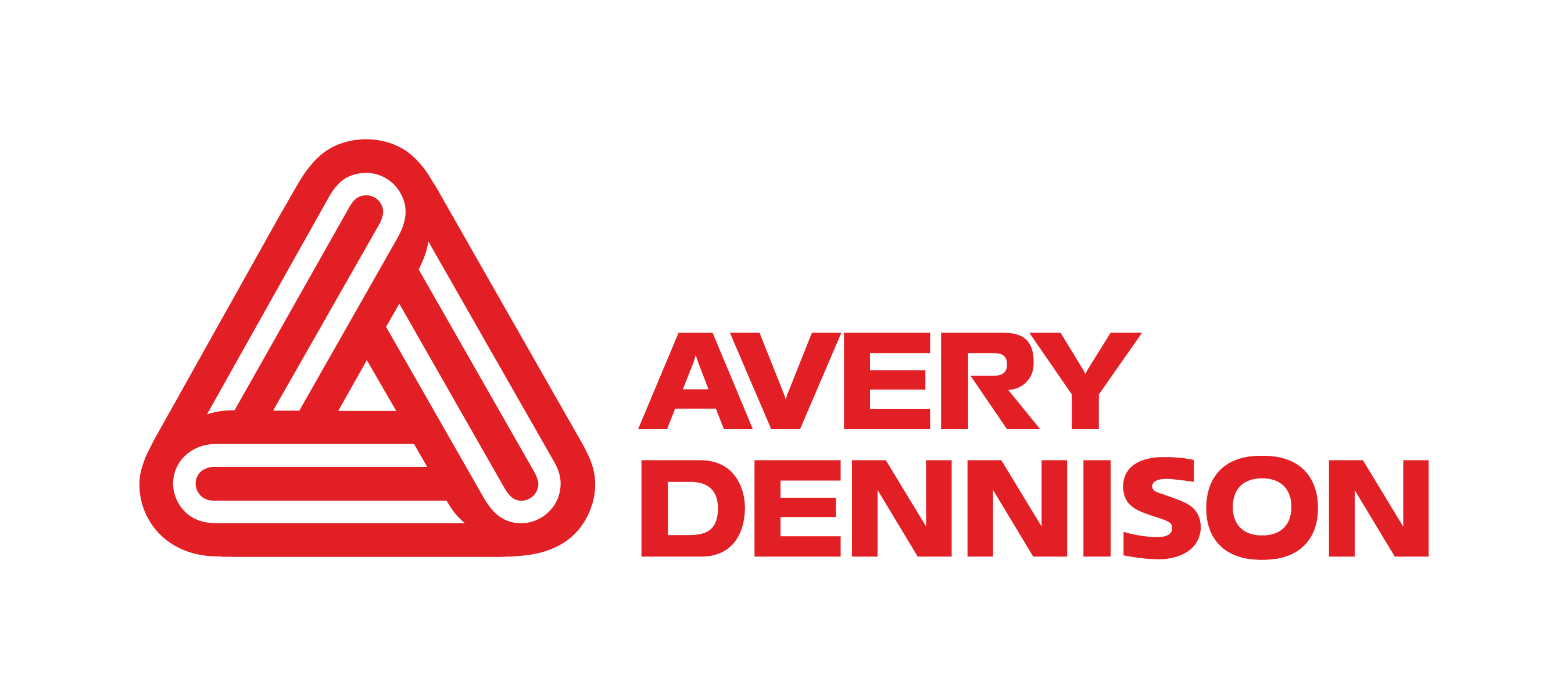And its benefits do not end there. Mosnel is also aware of the sustainability factor associated with its packaging and is using this technology to further educate customers. "The QR code has also been linked to a dedicated page on our website that contains important information for our customers regarding how to dispose of the packaging properly, which is mandatory by law," adds Barzanò.
Beyond addressing traceability and authenticity concerns, Wineability has more to offer. It addresses new EU regulations requiring detailed wine information on bottle labels, offering an enhanced approach by incorporating digital triggers like QR codes or NFC (near field communication), providing a more personalized experience. When a customer scans a QR code, for example, the system recognizes their geolocation, guiding them to a web page in their local language with all the additional information not found on the bottle. This feature ensures regulatory compliance and improves accessibility, which is particularly beneficial for visually impaired individuals.
Additionally, the solution allows wineries to manage the content of information related to each specific bottle with remarkable flexibility. Unlike static labels, which are ordered in bulk based on estimated production volumes, digital labels with RFID can be changed and updated as needed. Instead of printing physical labels all the time, wineries can opt for their standard labels for the bottles and save the ever-changing elements for the digital counterpart, which can be updated regularly. This flexibility is a significant advantage, allowing wineries to adapt quickly to changes in production volumes or to provide tailored information for each bottle.







